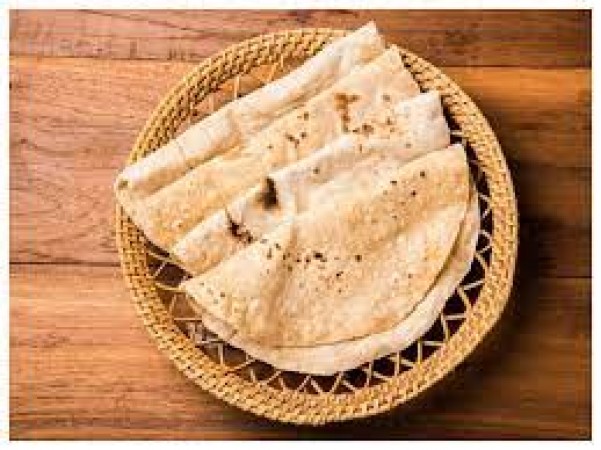
In today's health-conscious world, we often hear about the benefits of consuming fresh vegetables and fruits. However, an age-old remedy has resurfaced, challenging conventional wisdom - the consumption of stale bread. Surprisingly, one night of old, crusty bread may offer more strength and nutritional value than your daily dose of greens. Let's delve into this unexpected revelation and explore the science behind it.
Before we explore the health benefits of stale bread, let's understand how it differs from its fresher counterpart. Stale bread is essentially bread that has lost its moisture content over time. While many consider it unappetizing, it undergoes unique transformations that enhance its nutritional profile.
One of the key reasons stale bread packs a nutritional punch is the formation of resistant starch. Resistant starch is a type of dietary fiber that resists digestion in the small intestine, reaching the large intestine mostly intact. This process has several positive effects on our health.
Resistant starch found in stale bread provides a slow and steady release of energy. Unlike the rapid spikes and crashes associated with sugary snacks, this sustained energy release can help you stay energized throughout the day.
Resistant starch acts as a prebiotic, nourishing the beneficial bacteria in your gut. A healthy gut microbiome is linked to improved digestion, enhanced immunity, and even mood regulation.
While vegetables and fruits are undoubtedly rich in essential vitamins and minerals, stale bread offers a different kind of nutritional value. Let's compare their nutrient density.
When it comes to providing energy, stale bread's slow-release of carbohydrates can outperform the quick burst of energy from fruits and vegetables. This can be particularly beneficial for individuals with active lifestyles.
Both stale bread and fruits and vegetables contribute to digestive health, but in different ways. Stale bread promotes gut health through the nourishment of gut bacteria, while the fiber in fruits and vegetables aids in regular bowel movements.
Transform your stale bread into croutons for a crunchy salad topping. This adds texture and a hint of nuttiness to your greens.
Stale bread is a star ingredient in delicious bread pudding recipes. It's a delightful way to satisfy your sweet tooth while reaping its nutritional benefits.
Revive stale bread by toasting it and using it as a base for your favorite sandwich. Its enhanced crunchiness can elevate your sandwich game.
In the quest for a healthy diet, we often overlook the potential of everyday ingredients like stale bread. While vegetables and fruits remain essential for their vitamins and antioxidants, stale bread offers a unique set of benefits, from sustained energy to improved gut health. So, don't be too quick to discard that last piece of bread gone slightly stale. It might just become your secret weapon for staying strong and healthy.
Know About the Next Frontier of Conversational AI: How GPT is Making Chatbots More Human
Details and first photo of OnePlus' upcoming tablet revealed, what will be special?
Prateek Kr. Bhowmick: Leading the Digital Frontier as Co-Founder & COO of ReviewAdda